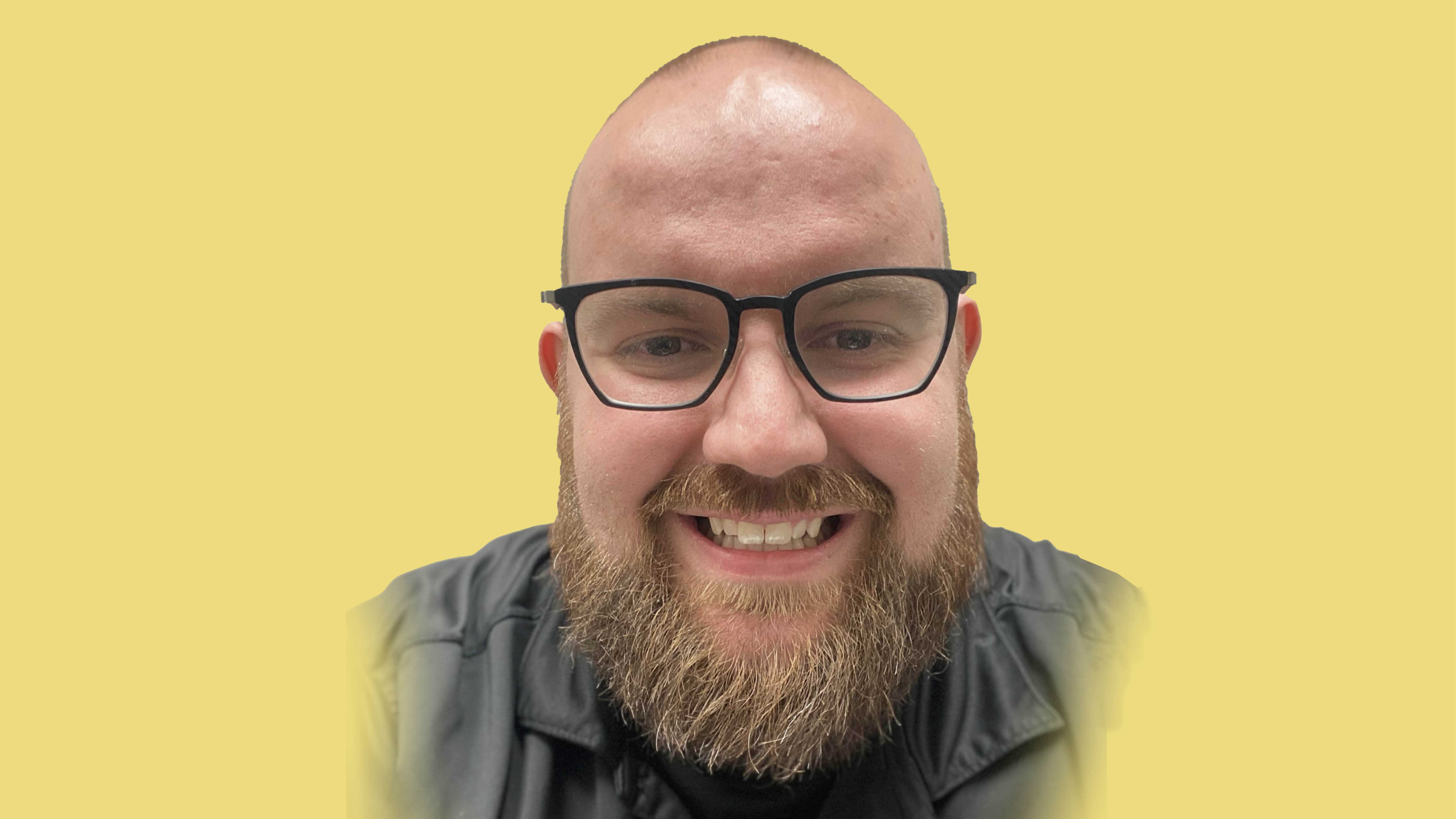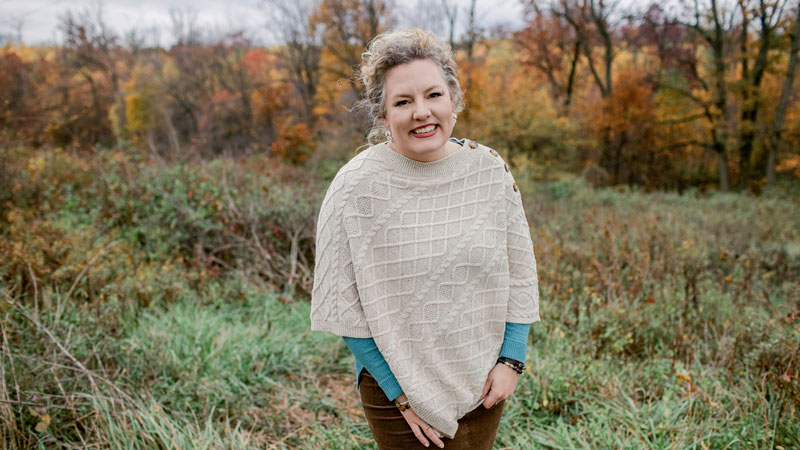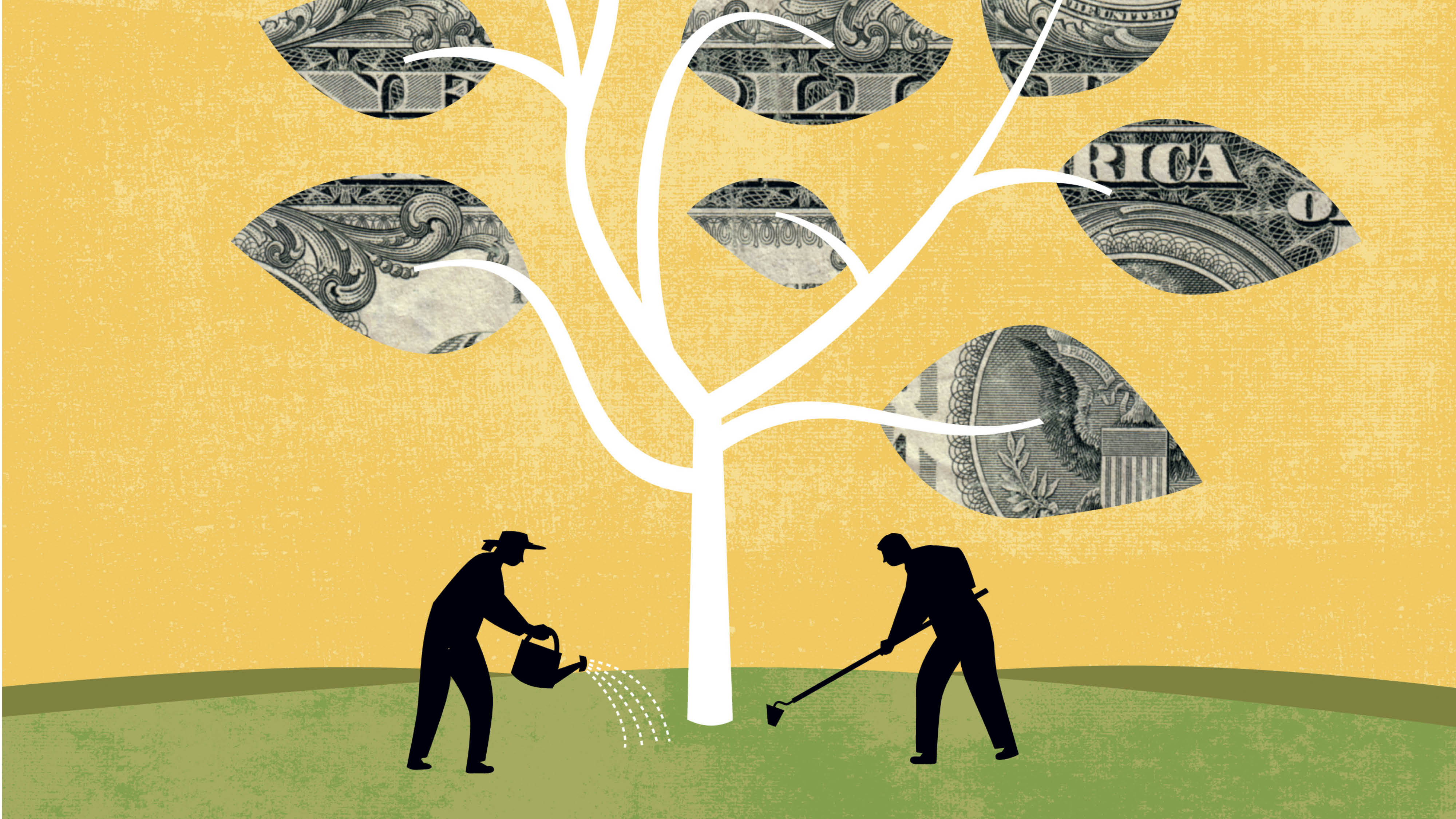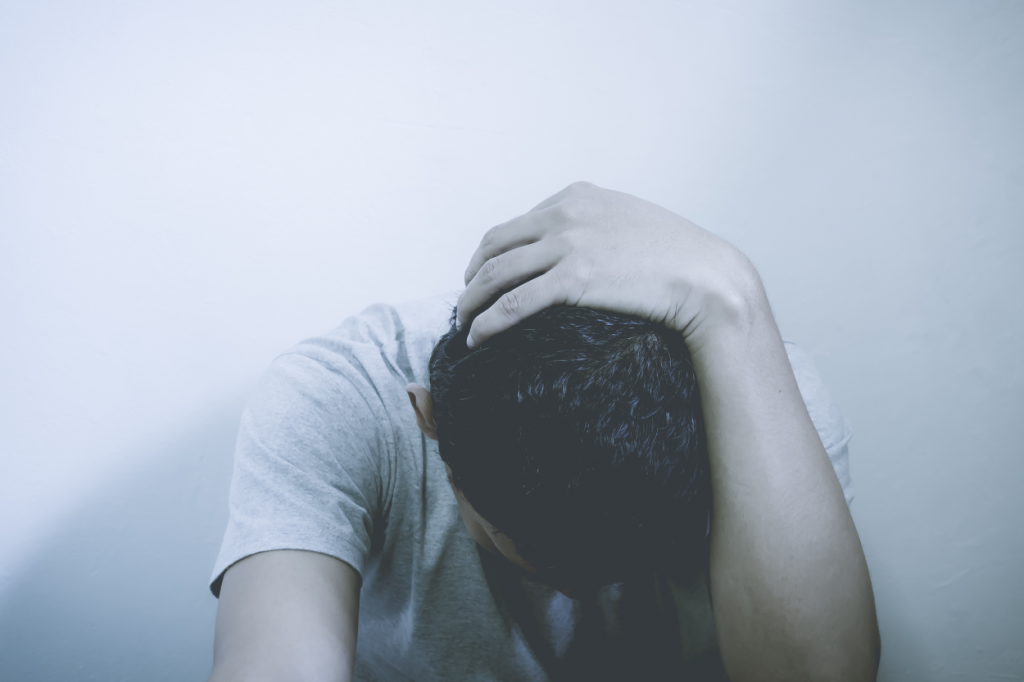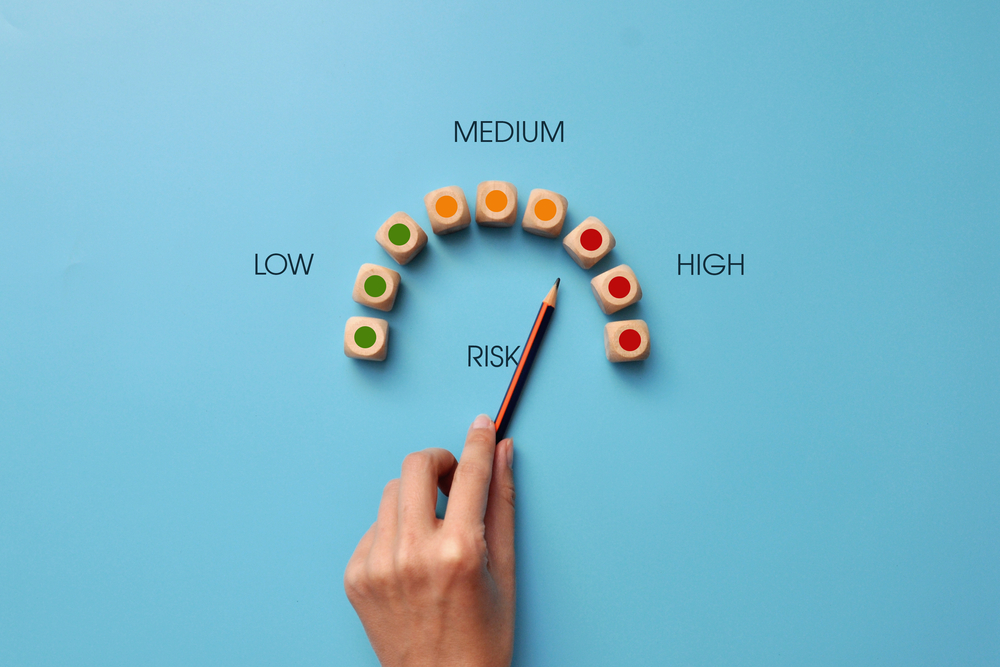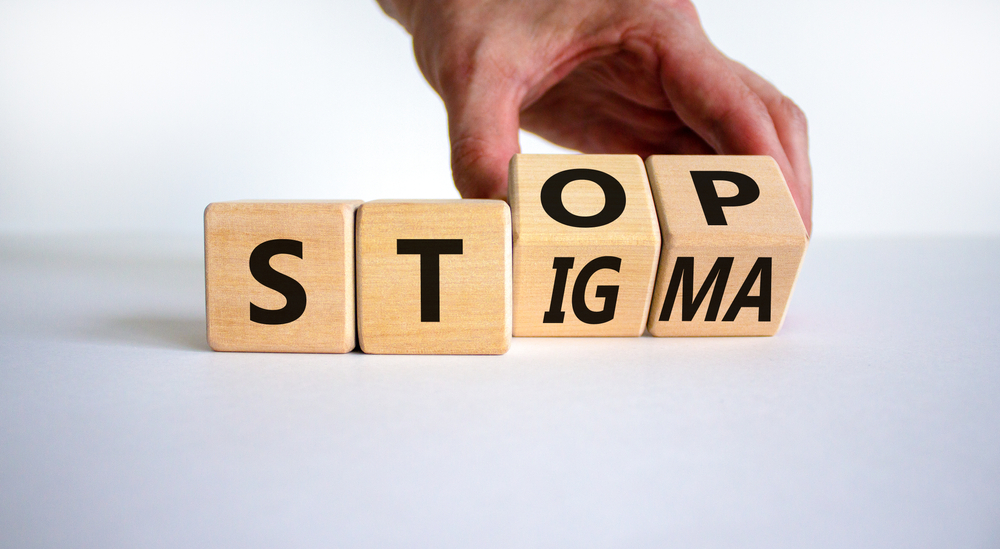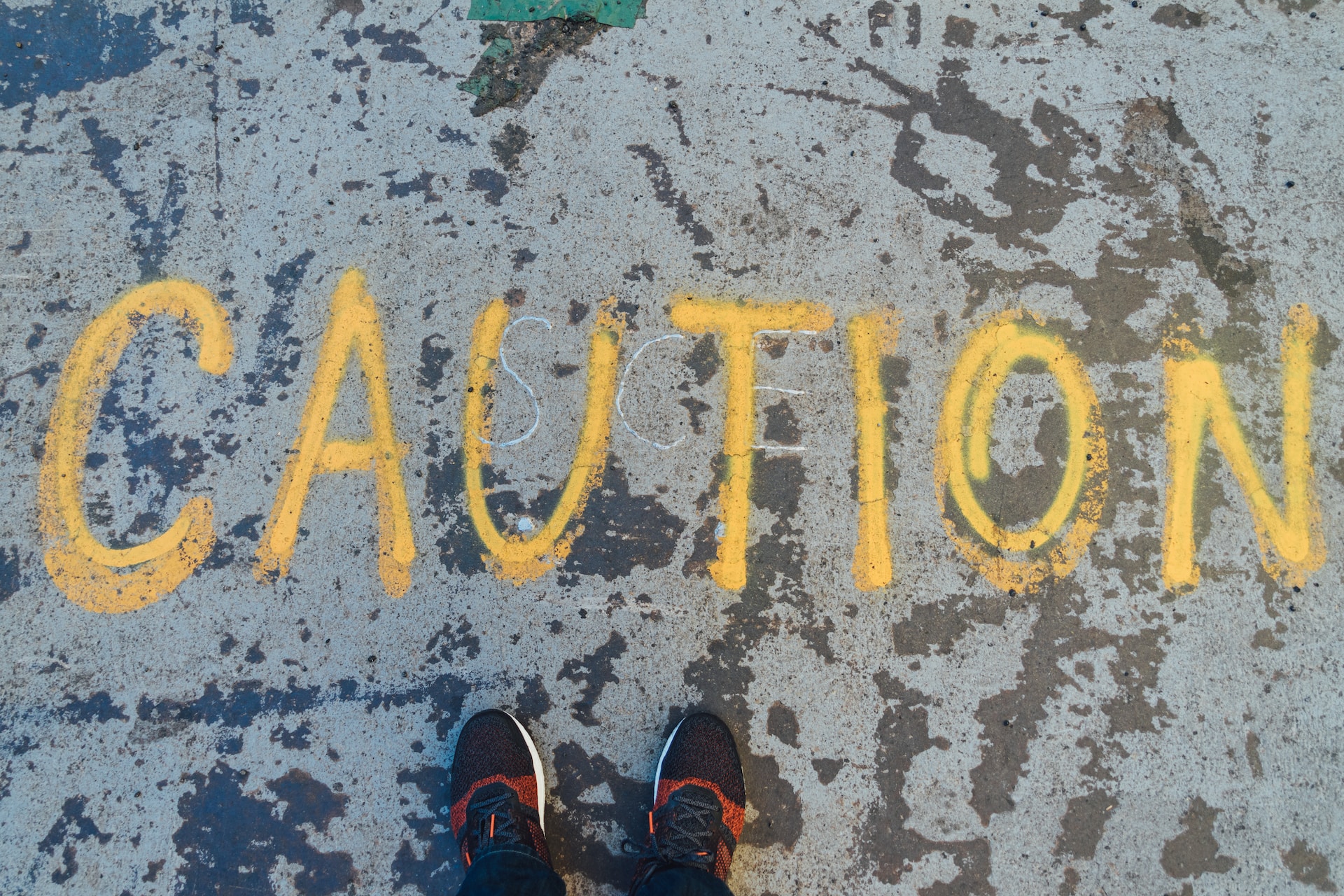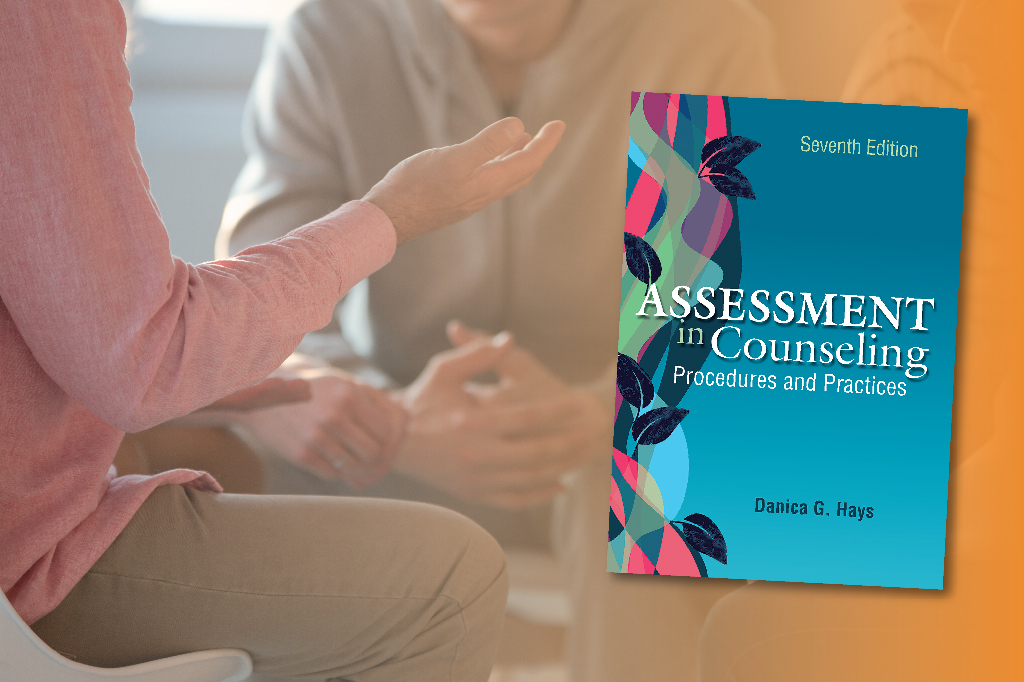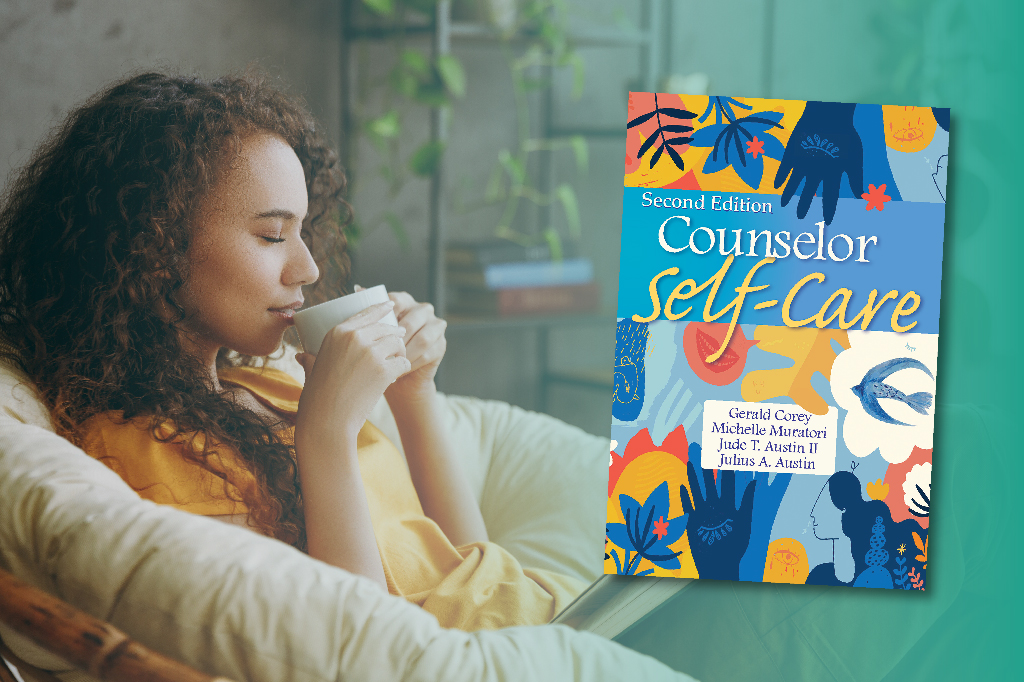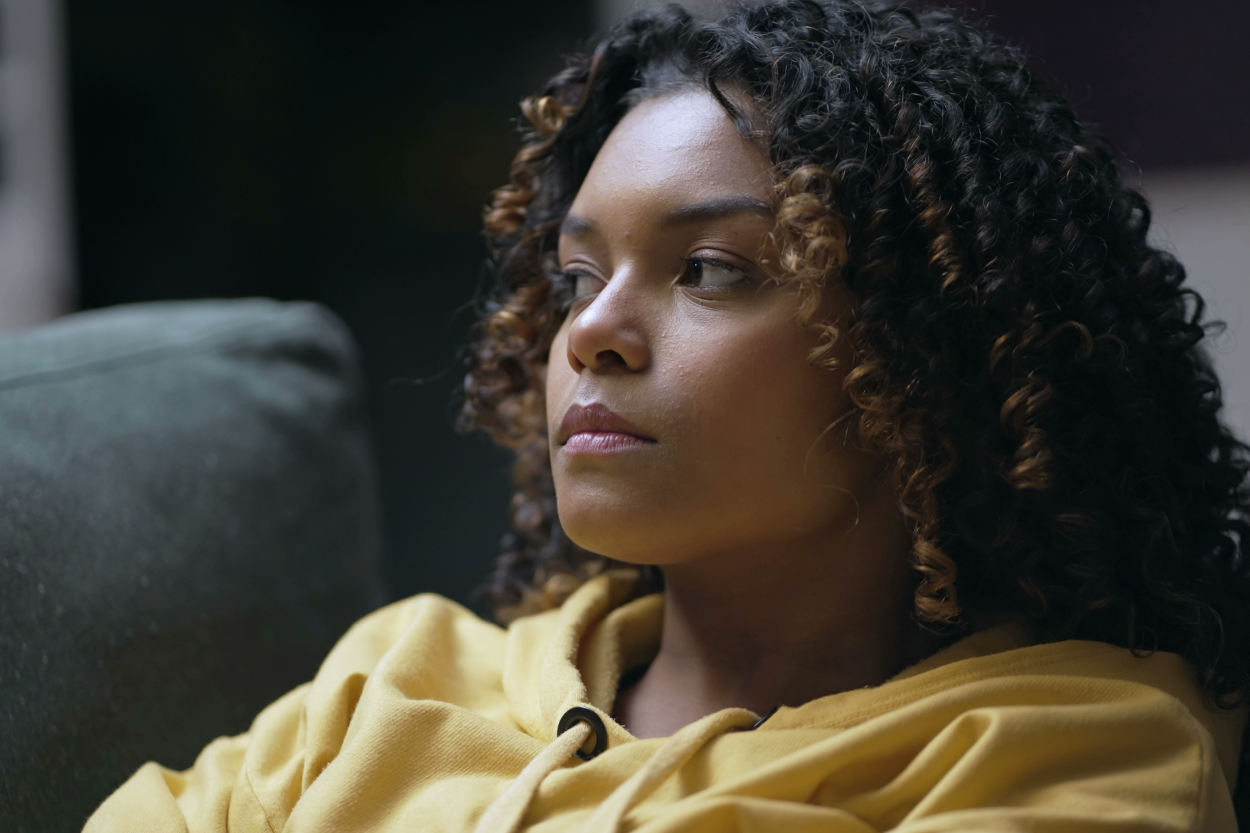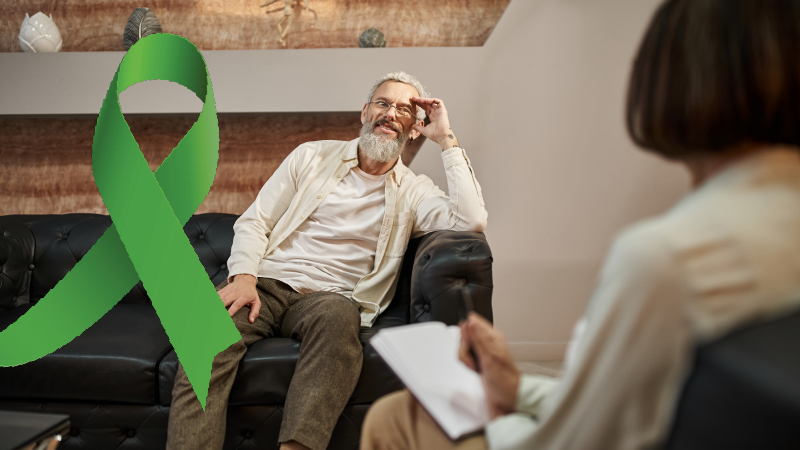
Highlighting the importance of mental health awareness
While one in five people will experience mental illness over the course of their lifetimes, everyone will face challenges that can and will affect their mental health. Observed every year on October 10, World Mental Health Day seeks to raise awareness of mental health issues and highlights efforts to support mental health.
Acknowledging the state of one’s mental health issues is important, and so is being able to seek help when you’re struggling. ACA has provided resources to support counselors around the world who play a crucial role for those struggling with their mental health.
Related Articles from Counseling Today
General Public Resources from the Counseling Corner
Not The Right Counselor? It’s Okay to Make a Change.
Developing a strong relationship between a counselor and client is a crucial part of the counseling process. This relationship, often referred to as the therapeutic alliance, creates a safe and supportive environment where the client feels heard, understood and respected.
When a client feels genuinely accepted and free from judgment, they are more likely to open up about their experiences, thoughts and emotions. Ideally, that opening up allows both counselor and client to gain insight into the client’s challenges and needs, ultimately leading to more accurate assessments and effective interventions.
The counselor-client relationship builds trust, which is essential for fostering growth and change. A strong therapeutic bond encourages the client to engage more actively in the process, take emotional risks and explore difficult or painful topics.
Over time, the relationship itself can become a model for healthy, supportive interpersonal connections, helping clients develop better relationships in their everyday lives. In essence, the development of a strong counselor-client relationship enhances both the emotional safety and the effectiveness of the therapeutic process.
However, it’s not always a given that this sense of trust will be built with every counselor you see. Without that sense of rapport, you’re not getting the most out of your counseling experience. While it takes time to build a solid foundation to the counselor-client relationship, there’s no guarantee that this will happen.
If, after a few sessions, you find that a strong and effective connection isn't forming, it's important to bring up your concerns with your counselor. If you're not feeling heard, understood or emotionally safe in your sessions, it can be difficult to open up and do the work that counseling requires. Having an open conversation might lead to greater understanding and help strengthen your relationship.
If things still don’t improve and the dynamic remains unfulfilling, it's okay to feel like you need to “break up” with your counselor and start looking for another one. Just like in any other relationship, not every pairing is the right fit, and recognizing that is a sign of self-awareness, not failure.
Professional counselors understand that sometimes they aren’t the right person to assist a client based on these initial appointments and many clients will go on and see different counselors before they find the practitioner who will best fit their individual needs.
Choosing to seek a better fit is an act of self-care and a commitment to your growth. Staying with a counselor that doesn’t feel like the right fit for you can stall progress and potentially reinforce negative patterns. A different counselor might offer a different approach, communication style, or personality that better resonates with you and your needs. It’s okay to advocate for yourself, counseling is about you, and you deserve a space that feels truly healing.
Special thanks to Casey A. Barrio Minton, PhD, NCC, for her contributions to this article.
